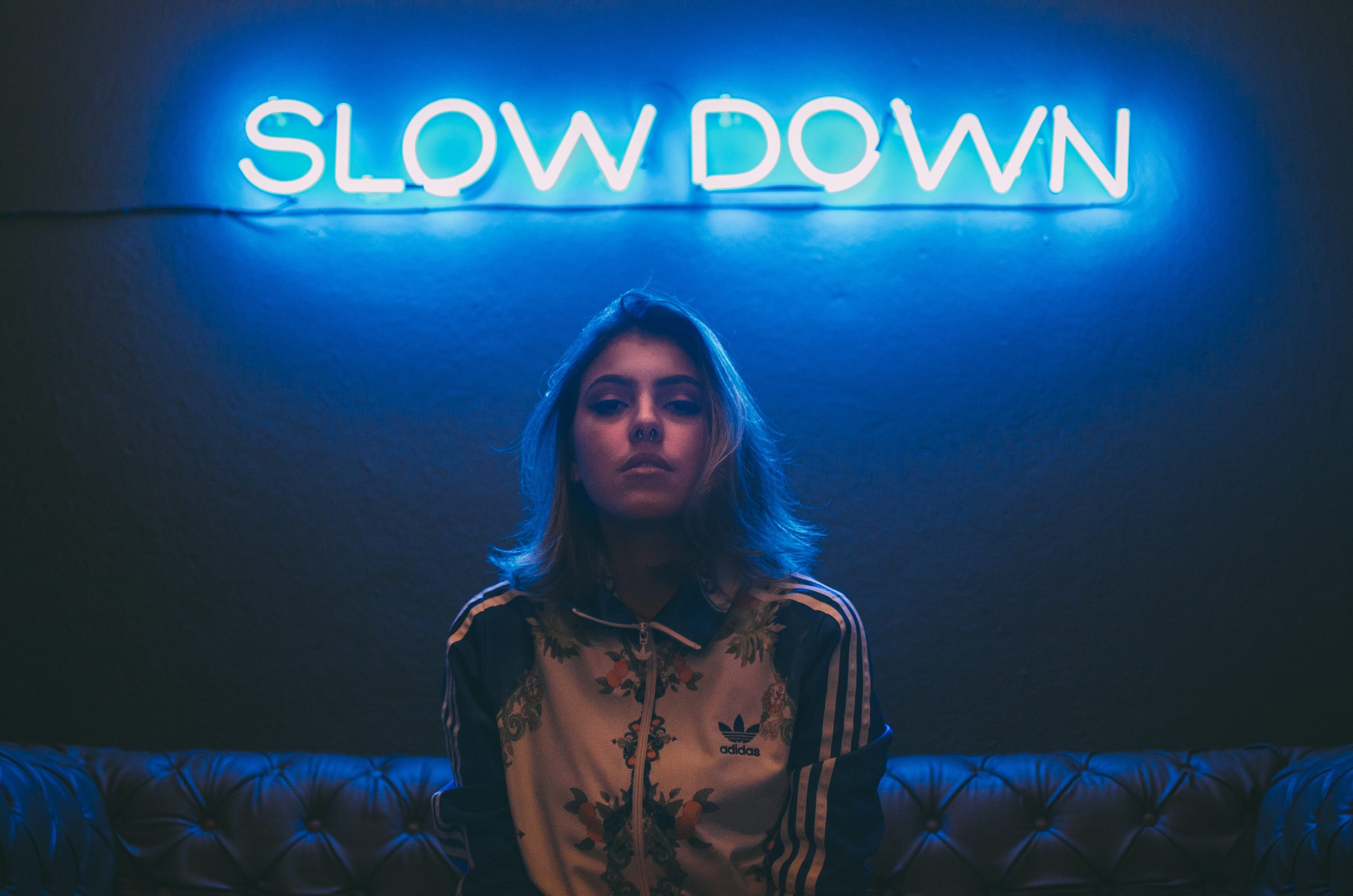Why Do I Get My Period on a Full Moon?
Have you ever noticed a correlation between the lunar cycle and your menstrual cycle? Many women have reported experiencing their period around the time of a full moon. While this may seem like a mere coincidence, there are some scientific theories and cultural beliefs that suggest a connection between the two. In this blog post, we will explore the various explanations behind why some women may get their period on a full moon. Let’s dive in!
The Lunar Cycle and Menstruation
The lunar cycle refers to the continuous waxing and waning of the moon as it revolves around the Earth. It takes approximately 29.5 days for the moon to complete one cycle. Interestingly, the average menstrual cycle for most women is around 28 to 32 days, which is similar in length to the lunar cycle. This proximity in duration has led some to speculate that there might be a connection between the two.
Before we explore the potential explanations, it’s important to note that scientific research in this area is limited, and any correlations found are based on anecdotal evidence. Nonetheless, let’s examine the theories and beliefs surrounding menstruation and the full moon.
1. Synchronization with Natural Cycles
Humans have long been connected to nature, and some believe that our reproductive systems might be influenced by natural phenomena. It has been suggested that our bodies, much like other animals, may have the ability to synchronize with the lunar cycle.
In the absence of modern artificial lighting, humans would have been more exposed to natural light, including moonlight. Some theories propose that the moon’s light could have triggered hormonal changes in women, leading to the synchronization of their menstrual cycles with the lunar phases.
While this theory is intriguing, there is little scientific evidence to support it. Our understanding of how the moon affects human biology is still limited and requires further research.
2. Moon’s Gravitational Pull
Another commonly mentioned theory is that the gravitational pull of the moon affects women’s bodies, just as it influences the tides in our oceans. Some suggest that the moon’s gravitational effects on our bodies could lead to changes in hormone levels, causing menstrual cycles to align with the moon’s phases.
However, the impact of the moon’s gravity on our bodies is relatively weak compared to other factors, such as the Earth’s gravitational pull. The moon’s gravitational influence on human biology is generally believed to be negligible, and any correlation between menstruation and the lunar cycle is likely coincidental.
3. Cultural and Symbolic Beliefs
Throughout history, many cultures have associated the full moon with femininity and fertility. In ancient societies, the cycles of the moon were often seen as symbolic representations of a woman’s menstrual cycle. This cultural belief may have perpetuated the idea that menstruation is connected to the full moon.
Furthermore, cultural myths and legends often depict the full moon as a symbol of transformation and renewal. Some women may find themselves more in tune with their bodies during this time, leading to a perceived connection between their period and the full moon.
The Importance of Tracking Your Cycle
While the idea of having your period on a full moon might be fascinating, it’s crucial to remember that every woman’s menstrual cycle is unique. Factors such as stress, lifestyle changes, hormonal imbalances, and various health conditions can significantly influence the timing of your period.
If you’re curious about the relationship between your menstrual cycle and the lunar cycle, keeping a menstrual calendar or using a period tracking app can help you identify any patterns or correlations. Tracking your cycle for several months can provide you with a better understanding of your body’s individual rhythms.
In Conclusion
The notion that women get their period on a full moon is a topic that has intrigued many for centuries. While there are both scientific theories and cultural beliefs that suggest a connection, the evidence is largely anecdotal, and further research is needed to fully understand any potential correlations.
As we continue to explore the mysteries of the human body and our connection to the natural world, it’s essential to approach such topics with an open mind and a willingness to learn. Whether you get your period on a full moon or not, embracing and understanding your unique menstrual cycle is an empowering step towards self-awareness and self-care.
Table of Contents
